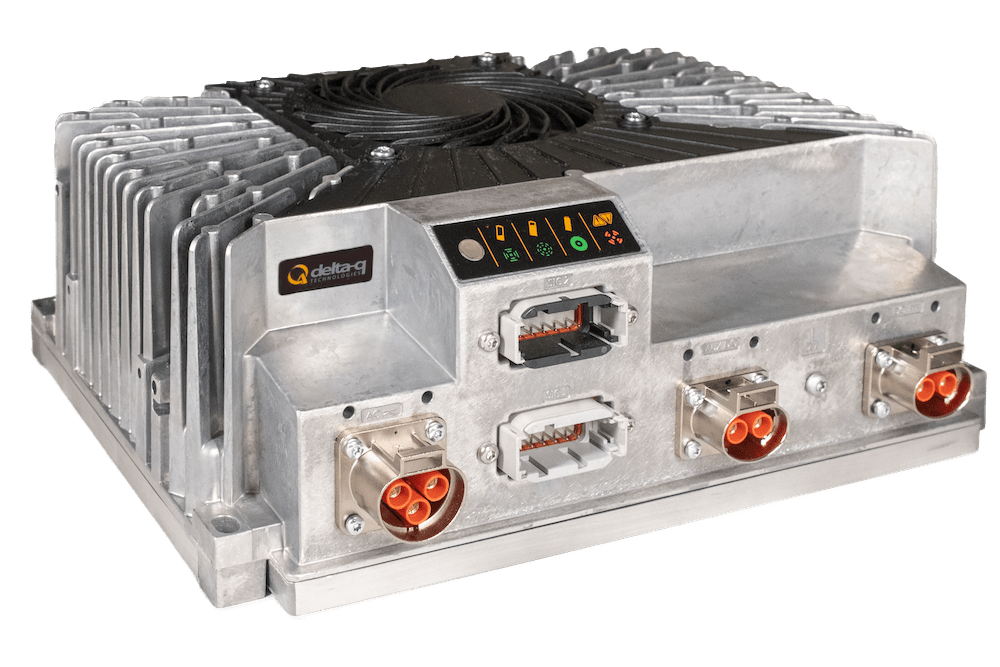Emitting only water vapour, hydrogen-powered fuel cell trucks will be an important part of Volvo Trucks’ zero exhaust emission product portfolio and the vehicles have recently passed a significant milestone – being test-driven on public roads.
Last year, Volvo Trucks showcased its fuel cell electric trucks for the first time. These zero exhaust emission trucks use hydrogen to produce their own electricity onboard – making them suitable for longer transport assignments.
Now, the trucks have been tested on public roads for the first time. But not just any public road. To make it extra-challenging, the tests have been conducted above the Arctic Circle in the north of Sweden – in an extremely cold climate.
“Trucks are operating seven days a week and in all types of weather. The harsh conditions on public roads in northern Sweden, with ice, wind and lots of snow, make an ideal testing environment,” says Helena Alsiö, VP Powertrain Product Management at Volvo Trucks. “I am pleased to say that the tests are going well, confirming those we carried out before, both digitally and on our confined test track close to Gothenburg.”
Fuel cell electric trucks powered by hydrogen will be especially suitable for longer distances and when using only batteries isn’t an option: for example, in rural areas with no charging infrastructure.
Commercially available in the second half of this decade
Volvo currently offers the industry’s broadest product line-up of battery electric trucks, with six models in series production, catering to a wide variety of transport routes in and between cities. The fuel cell electric trucks will be available in the second half of this decade. Tests with hauliers will start a few years before the commercial launch. To speed up the development, Volvo Group has joined forces with Daimler to develop and produce fuel cell systems that are tailor-made for heavy-duty vehicles. For hauliers who want to offer zero exhaust emission transport already, Volvo Trucks currently offers six different battery electric models as well as trucks that run on renewable fuels, such as biogas.
“We need to act now in order to stop global warming. Regardless of the transport assignments or where in the world our customers are operating, waiting is not an option. In a few years, our customers will be able to completely eliminate CO2 exhaust emissions from their trucks,” says Roger Alm, President of Volvo Trucks.
Fact-file: Volvo’s hydrogen-powered fuel cell trucks will use two fuel cells with a capacity to generate 300 kW of electric power. Green hydrogen is an endless resource that is produced by using renewable energy sources, such as wind, water and sun.








